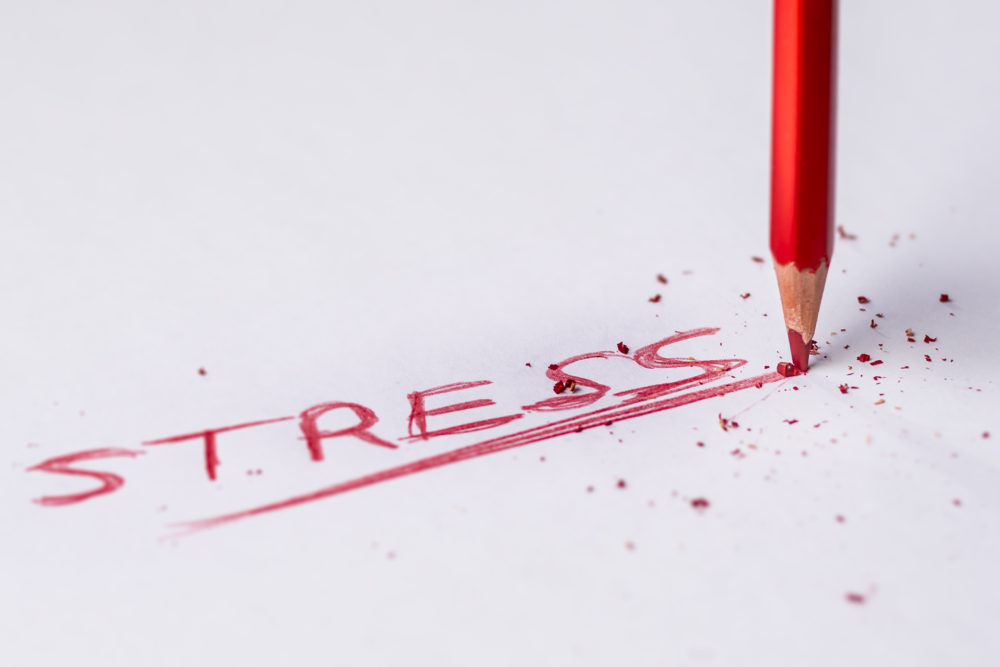by Dr. Elil
To understand anxiety, let’s begin with a quick discussion about stress. Stress serves a very important function in our lives. With so many things happening around us, it tells us what to focus on. If a wild animal attacked you, if you didn’t feel stress, you wouldn’t react with any sense of urgency.
Everyone experiences stress – from professional athletes and musicians to teens and business people. There’s also a link between stress and performance. Without any stress, life has no challenges and we get bored. As stress increases, it leads to better performance, but after a certain point, performance starts to get worse. That point, when we are experiencing stress past the point of optimal performance is where anxiety happens. If stress continues to increase, it will eventually become panic and we are unable to function.
Let me give you an example. When you have a big project due, your stress is that voice in your head that keeps reminding you that it needs to get done. Once you start working on it, if that voice keeps going and talks to you about what it’d be like to fail and then get fired, then it’s getting into the realm of anxiety. It’s no longer a helpful, motivating energy. It becomes a draining, overwhelming force.
Take that same feeling of fear about losing your job, but now imagine that feeling comes with much smaller things, like meeting new people, not getting a response to a text, or being late to anything. That’s what stress feels like for an anxious person. The actual situation isn’t proportional to the level of stress the anxious person feels.
Part of treating anxiety requires understanding about how you react to stress and learning how to manage your reactions. Although the anxious feelings might still be challenging, it’s definitely possible to react differently and gain control over your anxiety.
To learn more about your anxiety and how to cope with it, call today for an appointment!




